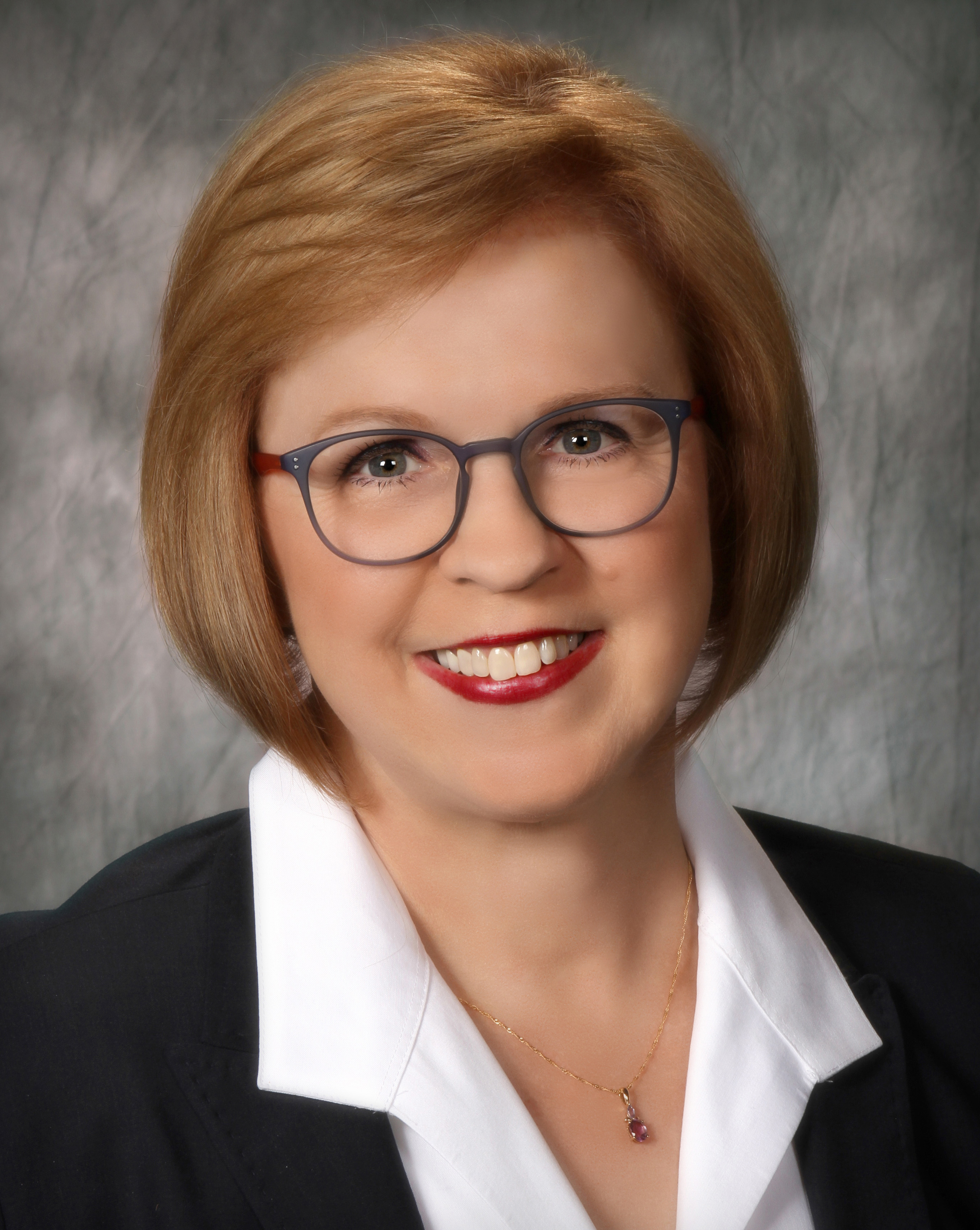MMC-BD NEWS
For more information about Marshfield Medical Center-Beaver Dam or to set up an interview, contact Dan Baulch at 920-887-4152 or baulch.dan@marshfieldclinic.org.
Kim Miller Invited to Speak at Becker's Hospital Review's Roundtable
BDCH President and CEO Kim Miller, FACHE, was a featured presenter during the Becker’s Hospital Review 7th Annual CEO + CFO Roundtable in Chicago from Nov. 12-14. Miller was invited to present during two sessions at an event featuring more than 1,000 national health care executives, administrators and physicians. Featured keynote speakers included former U.S. Sen. Tom Coburn, former U.S. Secretary of State Hillary Rodham Clinton and Theo Epstein, President of Baseball Operations for the Chicago Cubs.
On Nov. 13, Miller was invited to participate in a panel discussion entitled “Building a Sustainable Business Model for Community Hospitals.” Miller discussed the obstacles facing smaller community hospitals and stressed the importance of understanding your market and communicating with your employees on a consistent basis. To prepare for opportunities when they present themselves, it’s critical to analyze and understand your business. As an example, Miller noted that BDCH has close to 300 Days of Cash on Hand, an indicator significantly above the industry average that places BDCH in a strong financial position. In addition, all of the quality and safety metrics for BDCH are exceptional. 
The next day, Miller was joined by Jon Werger, Executive Director of Blue Zones Project and Sharecare, Inc., in a featured presentation on community health called “Can Your City Make You Healthy?” After sharing BDCH’s history, Miller explained some of the challenges to health and wellness found in rural areas. She also discussed how a county health assessment in 2013 became the springboard that eventually led her to form and lead the Healthy Communities, Healthy Lives (HCHL) initiative with local stakeholders and later to bring the Blue Zones Project to Dodge County.
Miller said the Community Assessment revealed a pressing need to address obesity, binge drinking, smoking and lack of exercise in the region, and since that time, the initial work done by HCHL has been exponentially enhanced by the Blue Zones Project. Blue Zones focuses on enhancing attributes of the “life radius” of our community, improving overall health and wellness by making healthy choices easier. Miller and Werger each described how Blue Zones’ efforts, which includes the implementation of policies for built environments, food environment, tobacco and more, as well as the encouragement of local schools, workplaces, grocery stores and restaurants to become Blue Zones Approved, has already led to lower health care costs, higher productivity and improved quality of life.
It also led to Beaver Dam, Horicon and Juneau being named Silver-Level Healthy Communities.
Miller then outlined a new alcohol policy called “Point of Last Drink,” that BDCH introduced in collaboration with Blue Zones and the Dodge County Sheriff’s Department. “Point of Last Drink” is a program where each incident encountered by the Dodge County Sheriff’s Department that involves alcohol is examined, and the place the last drink was consumed is determined. Eventually, patterns are identified and additional education and training is made available to servers highlighting the danger of overserving patrons.
A program called SBIRT (Screening-Brief Intervention-Referral to Treatment) has also been introduced that trains physicians to ask appropriate questions in an attempt to encourage patients to begin thinking about how alcohol may be affecting their quality of life and health. Experts estimate that up to 10-20 percent of all alcohol-related problems can be eliminated through a successful SBIRT program.